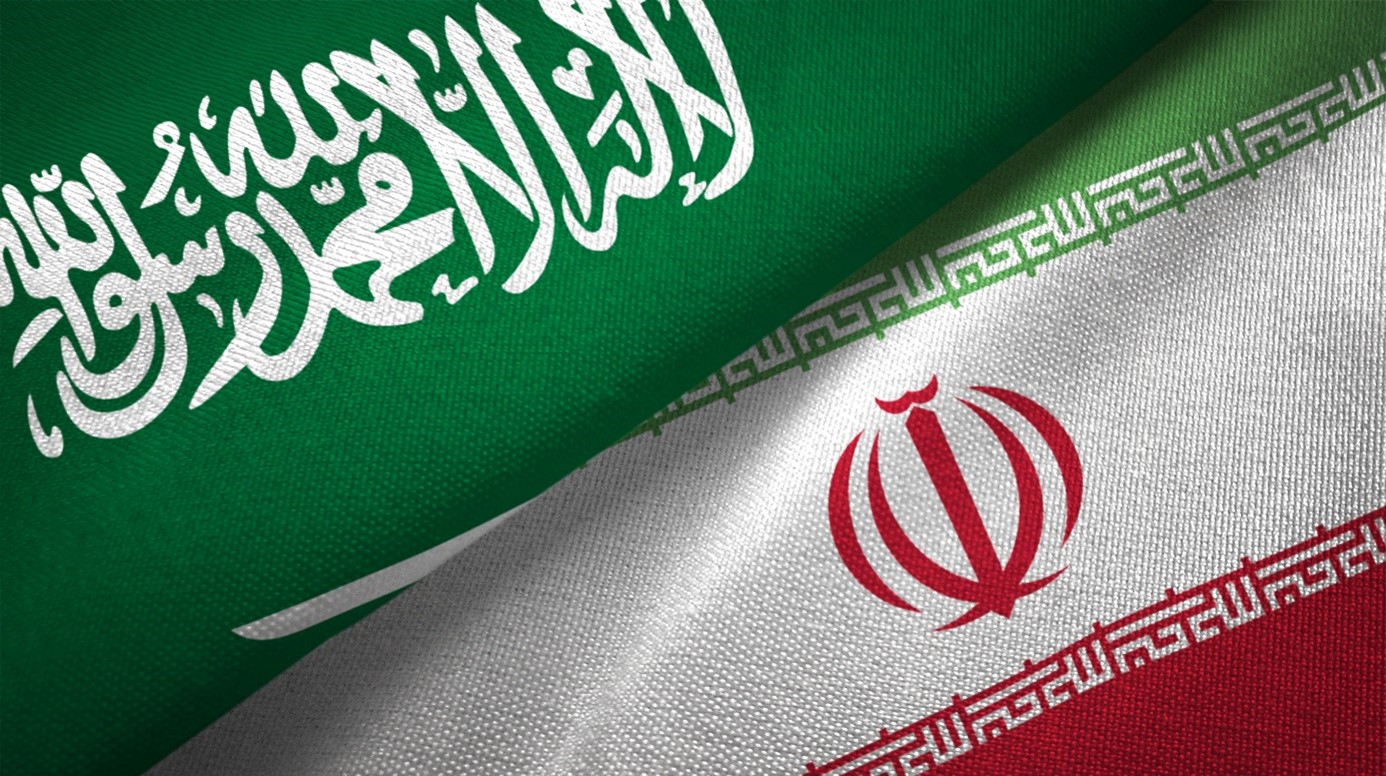
MENA Monitor focuses on the Middle East and North Africa region, analyzing the most important events happening in the area stretching from Morocco to Iran, their consequences for neighboring countries and their impact on the world’s situation.
Date: 16 May 2022 Author: Michał Przygoda
Iranian-Saudi Negotiations
The fifth round of talks between Saudi Arabia and Iran took place in late April this year. Previous talks have focused mainly on issues concerning pilgrimage to Mecca and have been led by lower-level officials. The latest talks involve the foreign ministries of both countries, which indicates the willingness of both sides to bring “their own efforts” (without U.S. involvement) to resolve the most difficult conflicts in the region that pose a threat to their economies.

Saudi Arabia and Iran are, in a way, the natural rivals of the present Middle East. We can indicate three dimensions of this rivalry: religious (rivalry between Sunnis [Saudi Arabia] and Shiites of Iran, as old as Islam itself), economic (both countries are among the largest exporters of crude oil) and political – both countries consider themselves regional powers establishing their spheres of influence, which makes them confrontational. Geopolitics also plays a role here: Saudi Arabia is one of the closest allies of the U.S., which in turn considers Iran a “mortal” enemy. The Arab Spring[1] has clearly revealed the conflict of interests of the two rivals, who support opposite sides, for example in Syria. In general, the Saudis see the current government (in their view revolutionary after the 1979 overthrow of Shah Pahlavi) in Iran as a threat to the stability of their monarchy and decision-making. An important element in the game with Iran is that two of Islam’s holiest sites, Mecca and Medina, are located in Saudi Arabia. The Iranians will certainly not long forget Saudi Arabia’s financial support of Hussein, who in 1980 launched Iraq’s devastating eight-year war with Iran. The aforementioned Arab Spring begins open hostility between Riyadh and Tehran. Iran’s support for Shiites in Iraq, Syria and Lebanon was seen by Riyadh as a blow to its interests in the region. In 2015, it itself struck Yemen accusing Iran of supporting anti-government Houthis. The worst state of relations between Riyadh and Tehran was in the last years of the second decade of the 21st century. In 2016, the two countries broke off diplomatic relations (a mob attack on Saudi Arabia’s embassy in Tehran after the Saudi authorities executed a Shiite cleric, earlier tensions during Iran’s annual pilgrimage to Mecca), and in 2017, Saudi heir to the throne Muhammad bin Salma called Iranian leader Ali Khamenei the “Hitler of the Middle East.”[2]
The change of the U.S. president has deprived Riyadh of the absolute support that Trump had been providing in the Saudi rivalry with Iran. Biden has clearly distanced himself from the Saudi actions and is returning to a dialogue with Tehran along the lines of that under Obama. In this situation, Riyadh sees more and more clearly the need to improve relations with Tehran and also with Yemen in order to present itself in the eyes of the U.S. as the party that deescalates tensions in the Middle East.
While the U.S. continues to play the role of a security guarantor and is strengthening the defenses against missile attacks on Saudi Arabia, the attack by Iran-backed Houthi rebels from Yemen on oil facilities in Saudi Arabia and the United Arab Emirates did not receive the U.S. response expected by Riyadh. No doubt this was one of the reasons for some reflection by Riyadh on the pillar of U.S.-Gulf relations, which can be briefly described as security guarantees – oil. This seems to have been confirmed by the negative reaction of the Gulf states to the U.S. request to increase oil production (the idea was to lower its prices) in connection with Russia’s aggression against Ukraine.
The recent Riyadh-Tehran talks also appear to have to do with efforts by some of the signatories (Iran, China, Russia, France, Germany, the United Kingdom, and the United States, July 14, 2015) to “resurrect” the 2015 Iran nuclear agreement to verify the peaceful nature of Iran’s nuclear program-the U.S. in 2018 unilaterally withdrew from the agreement by imposing sanctions on Iran. The Biden administration’s position is that this verification should take place through talks with Iran by individual countries in the region. Like many analysts Mohammed Alyahya, however, believes that: “These talks are almost doomed for failure. At its core, the problem is not one between Iran and Saudi Arabia, it is between Iran and the U.S. Iran attacks the kingdom because it perceives it to be a client state of an American imperial order.”[3] On the other hand, it must be said that both sides have compelling arguments to hold these talks. Mousavian (who represented Iran in the nuclear negotiations, Princeton University professor) notes that “The key issue for both is mutual assurance on no hegemonic regional agenda” and security guarantees, he said. Saudi Arabia has the U.S.’ backing and “Iran has huge grassroots influence in the regional countries which can be a long-term threat for Saudis.”[4]
[1] What is the Arab Spring, and how did it start? https://www.aljazeera.com/news/2020/12/17/what-is-the-arab-spring-and-how-did-it-start [Retrieved: 01 May, 2022]
[2] MBS: Saudis will pursue nuclear weapons if Iran does. https://www.aljazeera.com/news/2018/3/15/mbs-saudis-will-pursue-nuclear-weapons-if-iran-does [Retrieved: 01 May, 2022]
[3] As US retreats, Saudi Arabia and Iran are trying to mend fences. https://edition.cnn.com/2022/04/25/middleeast/saudi-iran-talks-resume-mime-intl/index.html [Retrieved: 01 May, 2022]
[4] As US retreats, Saudi Arabia and Iran are trying to mend fences. https://edition.cnn.com/2022/04/25/middleeast/saudi-iran-talks-resume-mime-intl/index.html [Retrieved: 01 May, 2022]
Support Us
If content prepared by Warsaw Institute team is useful for you, please support our actions. Donations from private persons are necessary for the continuation of our mission.
All texts published by the Warsaw Institute Foundation may be disseminated on the condition that their origin is credited. Images may not be used without permission.














